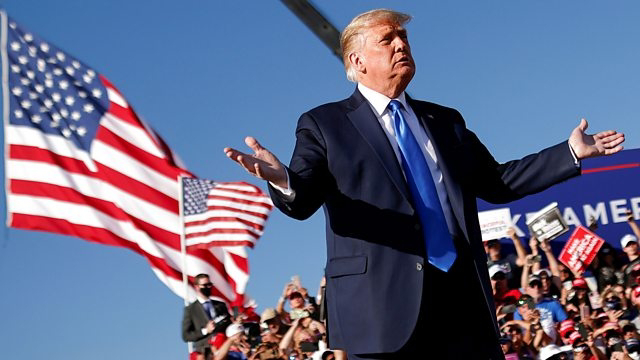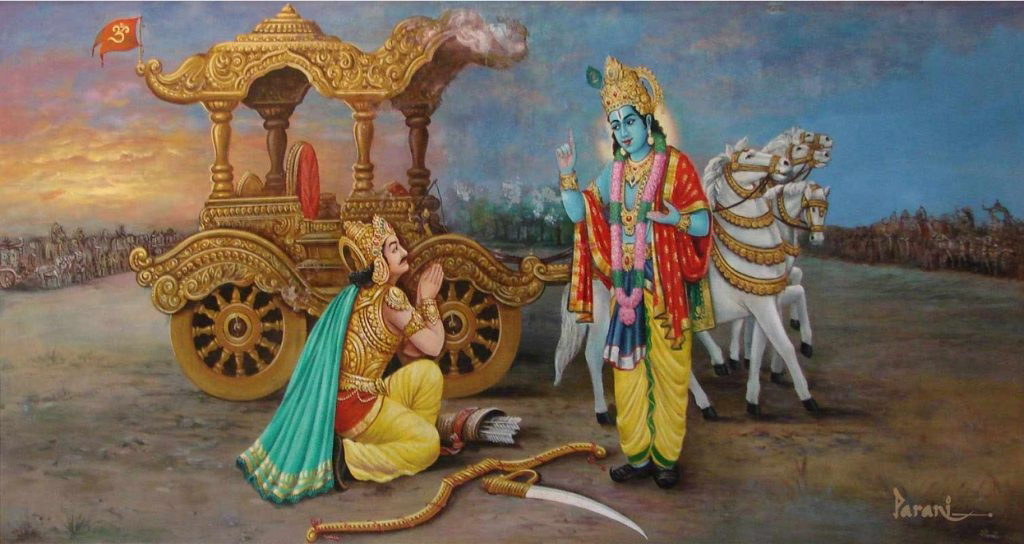Trump's America Through the Lens of India
Trump's America Through the Lens of India
Donald Trump’s first term as President of the United States (2017-2021) was marked by several key foreign policy decisions, and his approach towards India was no exception. His “America First” policy often focused on reshaping relationships with countries based on trade and immigration. India, as a rising global power and a strategic ally in Asia, was deeply impacted by Trump's decisions, which shaped not only the U.S.-India relationship but also the lives of many Indian citizens in the U.S.
One of the major aspects of Trump’s foreign policy was his stance on immigration. The Indian-American community, one of the largest immigrant groups in the United States, faced both challenges and opportunities under Trump’s administration. Trump’s rhetoric and policies on immigration were often controversial, especially his focus on reducing the number of immigrants entering the U.S., prioritizing skilled workers, and curbing illegal immigration.
During his first term, Trump frequently spoke about the need to tighten visa rules, particularly for H-1B visa holders, which many Indians use to work in the U.S. As of 2020, nearly 70% of H-1B visa holders were from India, with many employed in the tech sector. His policies sought to curb this flow, causing concern among Indian tech professionals and businesses in India who relied on the U.S. for job opportunities. The Trump administration also implemented stricter vetting procedures, which led to delays and uncertainties in the processing of these visas.
The Trump administration’s decision to deport undocumented immigrants also had a significant impact on the Indian community in the U.S. Many Indians, especially those overstaying their visas or caught in legal limbo, were targeted under Trump’s aggressive stance on illegal immigration. In 2020 alone, thousands of Indian nationals were deported back to India. According to data from the U.S. Immigration and Customs Enforcement (ICE), over 7,000 Indian nationals were deported in that year. This marked a sharp rise compared to previous years, reflecting Trump's tough immigration stance.
India’s response to these deportations was cautious but firm. Indian authorities continued to cooperate with the U.S. government on immigration issues, but there was public concern regarding the impact on Indian families. According to scholars like **Professor C. Raja Mohan** from the **National University of Singapore**, India’s diplomatic strategy towards the U.S. focused on balancing the desire to maintain a strong strategic partnership with addressing domestic concerns about the treatment of Indian nationals.
Despite these challenges, there were also positive developments during Trump’s first term. The U.S. and India strengthened their strategic ties, particularly in defense and counter-terrorism. Trump frequently praised Indian Prime Minister Narendra Modi, calling him a “friend” and highlighting India’s growing global role. India, in turn, welcomed the closer defense ties, including joint military exercises and the signing of defense agreements, which were seen as a counterbalance to China’s growing influence in the Indo-Pacific region.
Trump’s second term, had he won, was expected to continue many of these policies, with an even stronger emphasis on immigration reform. However, the 2020 elections and the subsequent change in administration meant that India would have to navigate the evolving relationship under Joe Biden, who has expressed a different stance on immigration and global partnerships.
Trump's America, through the lens of India, was a complex mix of cooperation and tension. While there were areas of shared interest, especially in defense and counter-terrorism, the immigration policies and deportations created significant challenges for the Indian community in the U.S. These policies were a reminder of the shifting dynamics of global migration and the balance that countries like India must strike between strategic alliances and the welfare of their citizens abroad.




Nicely written 👌👌
ReplyDelete